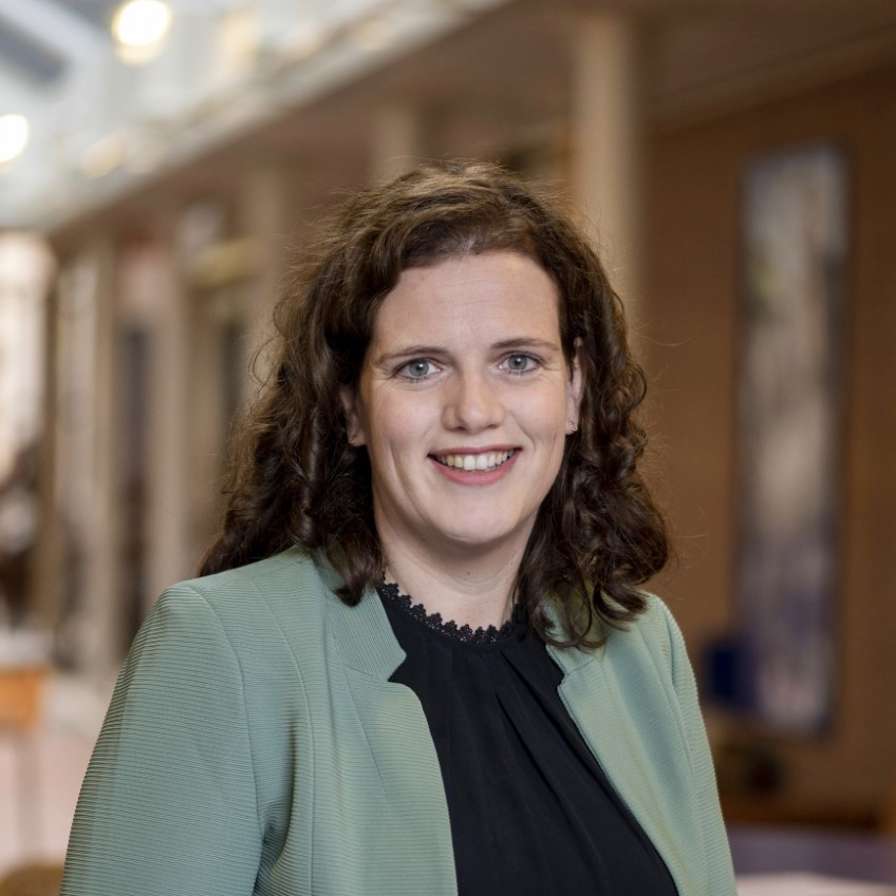Patient and Family Participation in Clinical Practice
Preparing patients and families for the recovery phase
Patients spend less time in hospitals, while care becomes more complex and staff shortages increase. The government encourages reliance on informal networks after discharge. How can patients and families be actively involved in recovery during and after hospitalisation? And what do healthcare professionals need to facilitate this? These questions are central to the Patients and Family Participation in Clinical Practice research group.

Meet us
The expert of Patient and Family Participation in Clinical Practice
Anne Eskes
Professor by special appointment of Patient and Family Participation in Clinical Practice
Anne Eskes is a professor by special appointment of Patient and Family Participation in Clinical Care at the AUAS. Her research group is a collaboration between the AUAS, Amsterdam UMC and OLVG. In addition, she works primarily at Amsterdam UMC as an associate professor within the Department of Surgery.
